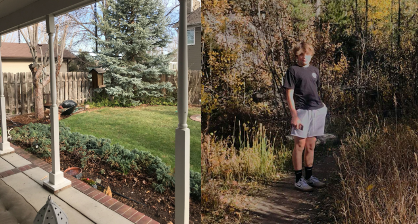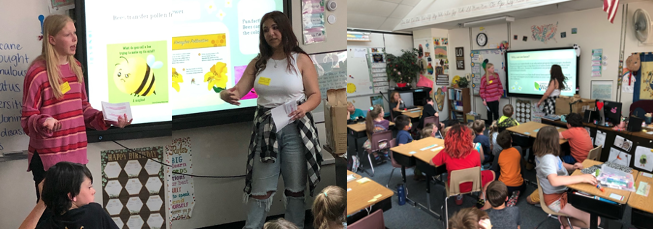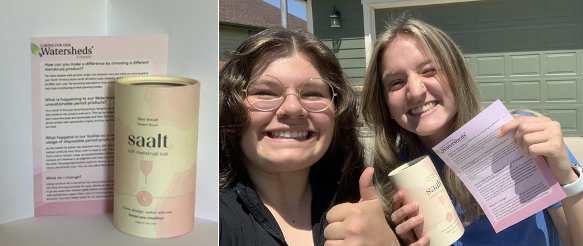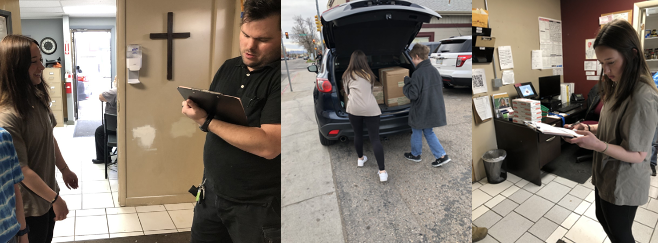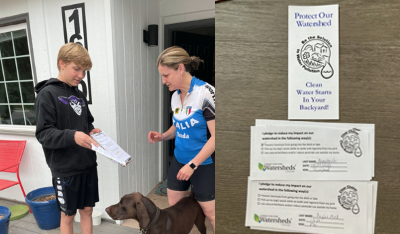Rocky Mountain High School, Fort Collins, Colorado, USA
The monarch butterfly population is decreasing fast which is why Jake Anselmo from Rocky Mountain High School decided to take action. Monarch butterflies migrate across the continent providing an invaluable service as pollinators. Their role as pollinators is essential for many ecosystems to thrive. In an effort to address his concern, Jake planted native milkweed in his watershed. Monarch butterflies depend on milkweed for laying their eggs and for nourishment. Milkweed, unfortunately, has also decreased in Jake’s watershed due to the loss of habitat from land development and the improper spraying of weed killer. To make his impact count, Jake distributed milkweeds to his peers at school for planting. Jake also planted milkweed in a personal garden and in a garden near his school. Jake’s solution helps contribute to Target 15.5 of the Sustainable Development Goals.
